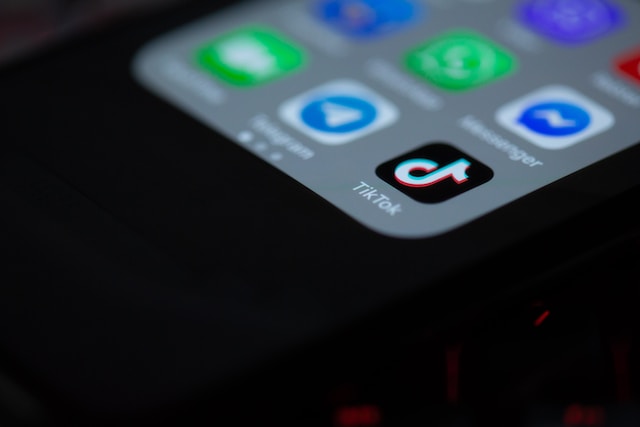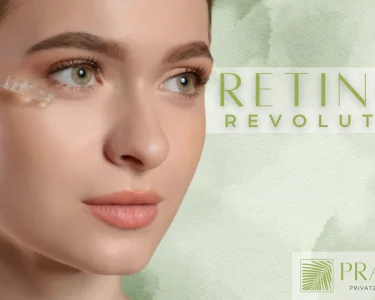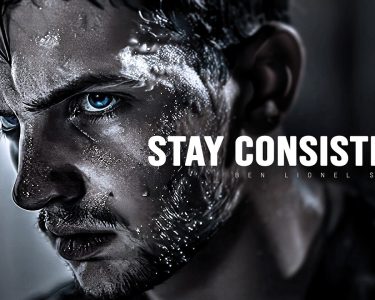Introduction:
The world of TikTok has witnessed a surge in beauty transformation videos, captivating users with jaw-dropping before-and-after makeovers. While these videos may appear entertaining and inspiring on the surface, it is crucial to delve deeper into the potential mental health toll they can take. In this article, we explore the psychological consequences behind TikTok’s beauty transformations and shed light on the hidden challenges users may face.
The Allure of TikTok’s Beauty Transformations:
TikTok’s beauty transformations have gained immense popularity, attracting millions of viewers worldwide. These videos showcase individuals undergoing dramatic makeovers, often involving skillful makeup techniques, hair styling, and editing tricks. They offer a sense of escapism and the allure of reinventing oneself, fueling the fascination with transformation content.
Unrealistic Beauty Standards:
Behind the glitz and glamour of TikTok’s beauty transformations lies a deeper concern: the promotion of unrealistic beauty standards. These videos often present an idealized version of beauty that is unattainable for most individuals without professional expertise or extensive editing. The constant exposure to these flawless images can lead to feelings of inadequacy, self-comparison, and a negative impact on mental well-being.
The Perils of Comparison:
TikTok’s beauty transformations can trigger a harmful cycle of comparison. Users may find themselves constantly comparing their own appearance and skills to those showcased in viral videos. This relentless self-evaluation can erode self-esteem, breed self-doubt, and contribute to negative body image. The pressure to measure up to these unattainable standards can significantly impact one’s mental health.
Inauthentic Representations:
While TikTok’s beauty transformations may seem empowering, they often rely on heavy filters, editing techniques, and specific camera angles. This curated representation of beauty can create a distorted perception of reality, leading to feelings of dissatisfaction with one’s natural appearance. The constant need for validation based on an unrealistic portrayal can have detrimental effects on self-worth and self-acceptance.
The Link to Body Image Issues:
TikTok’s beauty transformations heavily influence body image perceptions, especially among impressionable viewers. The emphasis on achieving a certain look or conforming to narrow beauty ideals can contribute to body dissatisfaction, disordered eating patterns, and the development of unhealthy behaviors. The constant pursuit of a picture-perfect appearance can take a toll on mental health and overall well-being.
Navigating the Impact:
Recognizing and addressing the potential negative impact of TikTok’s beauty transformations is essential. It is crucial to remember that these videos often present a curated and edited version of reality. Practicing self-compassion, setting healthy boundaries with social media, and engaging in critical media literacy can help individuals navigate the psychological challenges posed by these trends.
Promoting Authenticity and Self-Acceptance:
Content creators on TikTok have a responsibility to promote authenticity and self-acceptance. By showcasing natural beauty, embracing imperfections, and celebrating diverse representations, they can challenge the prevailing beauty standards perpetuated by transformative videos. Encouraging viewers to embrace their unique qualities and promoting positive body image can have a profound impact on mental well-being.
Seeking Support:
If TikTok’s beauty transformations begin to negatively impact mental health, seeking support is crucial. It is essential to reach out to trusted friends, family members, or mental health professionals who can provide guidance and assistance. Cultivating a strong support network, practicing self-care, and developing a healthy relationship with social media can help individuals protect their mental well-being.
Conclusion:
While TikTok’s beauty transformations may captivate and entertain, we must also acknowledge their potential
impact on mental health. The unrealistic beauty standards, constant comparison, and inauthentic representations can take a toll on individuals’ self-esteem and well-being. By promoting authenticity, embracing diversity, and prioritizing mental health, we can ensure that the TikTok community remains a place of empowerment rather than a source of psychological distress.




